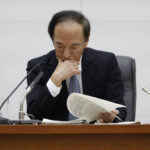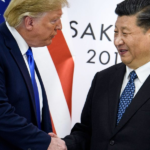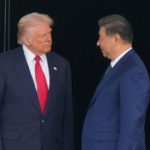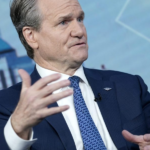The U.S. Securities and Exchange Commission (SEC) is poised to adopt a new rule on Tuesday, mandating that proprietary traders and other entities engaged in frequent transactions of U.S. government bonds register as broker-dealers. This move will subject them to enhanced regulatory scrutiny.
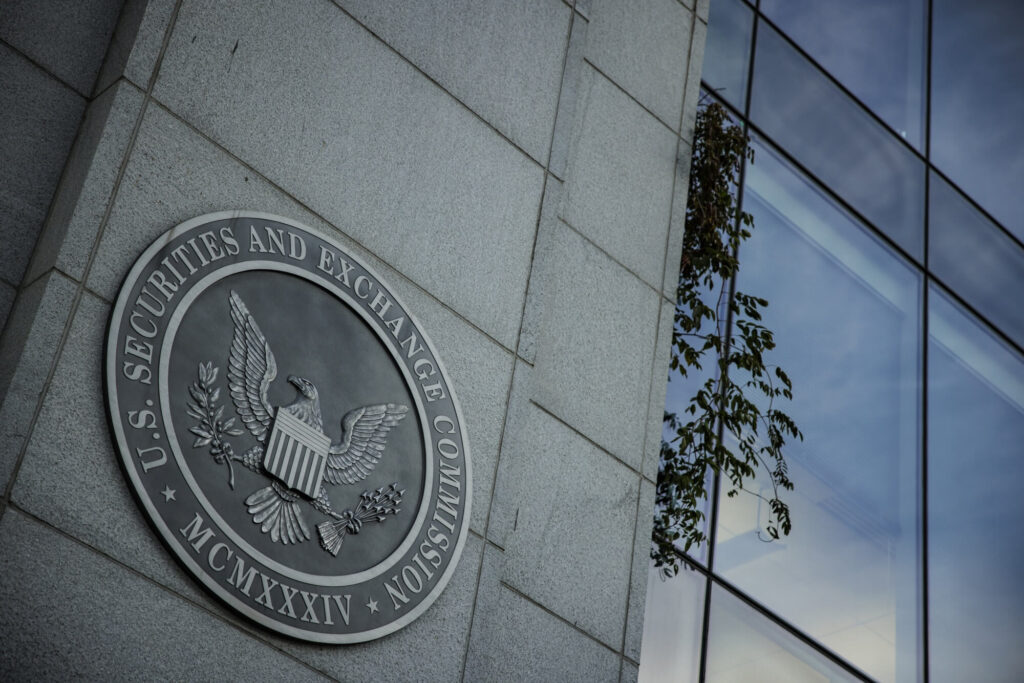
The SEC’s decision is part of a comprehensive initiative aimed at addressing underlying structural challenges believed to be contributing to liquidity issues within the $26 trillion Treasury market.
Market insiders assert that these measures, which include directing more transactions through clearing houses, represent the most significant overhaul of the Treasury market in decades.
Initially proposed in March 2022, the rule stipulates that entities conducting trades exceeding $25 billion in Treasuries over four of the last six calendar months must register as broker-dealers. This subjects them to various regulatory requirements, including capital and liquidity mandates.
Additionally, firms engaging in the buying or selling of comparable securities on the same day will fall under the purview of the new rule.
The SEC’s five commissioners are scheduled to vote on the rule during an open meeting commencing at 10:00 a.m. ET (1500 GMT).
The primary focus of the rule is on proprietary traders, recognized by the SEC as pivotal contributors to Treasury market liquidity. The aim is to subject them to rigorous oversight and risk management measures akin to traditional Treasury market dealers. Potentially, up to 46 firms may be impacted by the rule, as previously estimated by the SEC.
Industry experts view the expansion of the SEC’s purview over proprietary trading firms as a positive step towards enhancing transparency, promoting fair competition among market participants, and potentially bolstering market stability.
However, concerns have been raised by some investors regarding the breadth of the trading thresholds and daily tests outlined in the rule. They fear inadvertent inclusion of entities such as corporations, insurers, and pension funds. Lobbying efforts have been underway to address these concerns, with hopes that the final rule may undergo modifications.
Criticism of the proposal has also emerged from influential players like BlackRock and the Managed Funds Association. They argue that the rule, if implemented without adjustments, could lead to unintended consequences, including reduced market liquidity and increased costs for market participants.
Observers anticipate potential changes in market behavior and structure in response to the finalization of the rule. Depending on its specifics, market participants may adapt their trading strategies or undergo regulatory registration to navigate the evolving landscape.
In summary, the SEC’s forthcoming implementation of the Treasury Market Dealer Rule signals a significant regulatory shift aimed at fortifying the integrity and efficiency of the Treasury market while addressing prevailing liquidity challenges.



